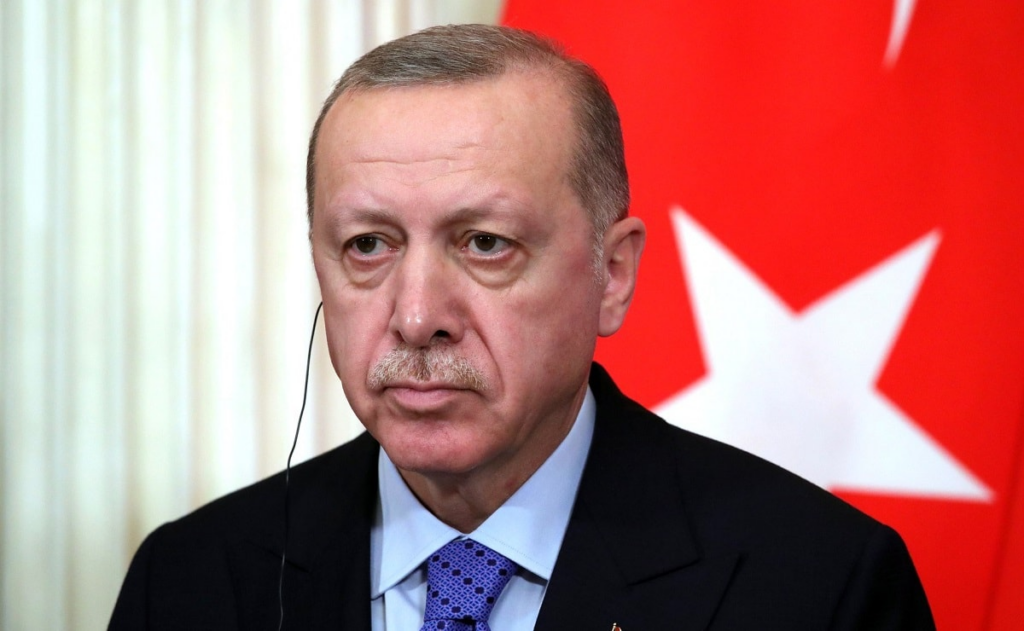
In the wake of recent political events, the world has witnessed a series of actions and reactions from various nations. On October 28, Turkish President Tayyip Erdoğan held a mass rally in Istanbul, protesting against Israel’s actions in Gaza. This rally, attended by hundreds of thousands of people, was a powerful statement against the atrocities committed against Palestinians.
Erdoğan’s move was not just symbolic; he also recalled his ambassador from Israel, further emphasizing Turkey’s stance. This decision was met with widespread approval across Islamic countries, and even Western media outlets like CNN praised the rally.
However, it’s essential to look beyond the emotional speeches and examine the facts. Despite the political tensions, the trade volume between Turkey and Israel stands at seven billion dollars. According to the United Nations, this mutual trade is expected to increase further in 2024.
Erdoğan, while often playing the religious card, has always prioritized Turkey’s economic interests. This approach is not unique to Turkey. The United Arab Emirates, a 100% Muslim country, maintains an annual trade with Israel worth two and a half billion dollars. This figure is projected to increase to ten billion dollars in the next few years.
The UAE and Israel have also decided on a Comprehensive Economic Partnership Agreement, promoting culture and tourism in addition to mutual trade. The UAE’s Minister of Trade has stated that while they are concerned about the Israeli atrocities in Gaza, they cannot compare politics and trade as they are separate matters.
This sentiment is echoed by Saudi Arabia, which is preparing to host the world’s biggest music festival, Soundstom MDLBEAST. Despite condemning Israel’s aggression, Saudi Arabia’s leadership has ensured that their state interests are not harmed.
These examples highlight the complex nature of international relations, where national interests often take precedence over other considerations. It’s a reminder that responsible states and their governments prioritize their own interests first, with everything else being a part of diplomacy.
In conclusion, it’s crucial for nations to strike a balance between their national interests and their stance on global humanitarian issues. As the world becomes increasingly interconnected, the ability to navigate these complexities will define the success of a nation’s foreign policy.






Leave a Reply